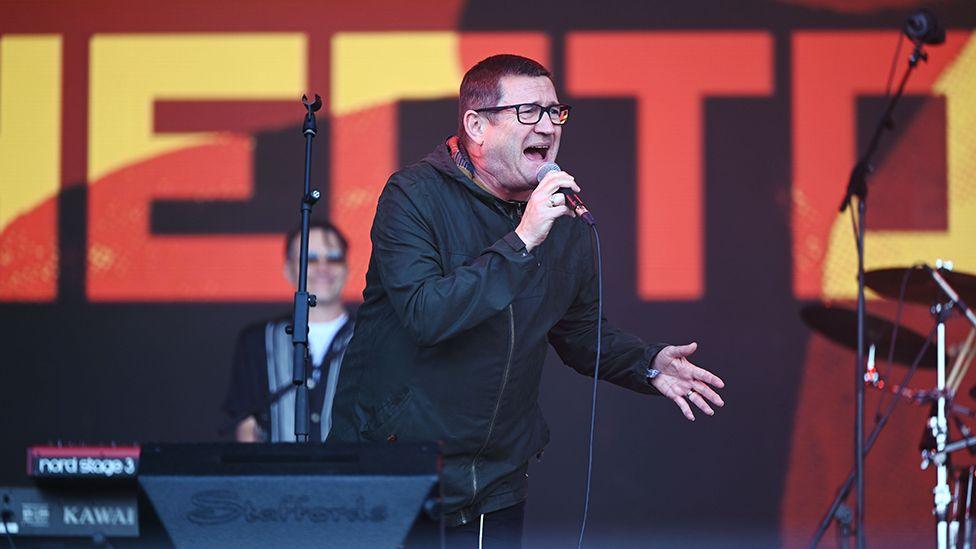Band caps ticket price to 'make gigs accessible'
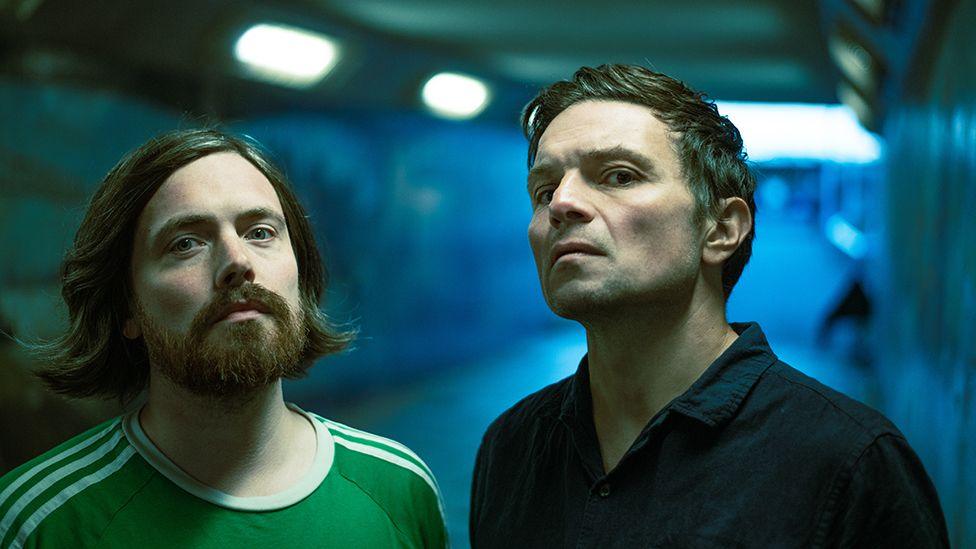
Benefits asked fans how they could make gigs better for everyone
- Published
In a move not often seen in the modern live music industry, a band have taken direct action they hope will make their upcoming UK tour more affordable and accessible for fans.
Responding to audience feedback, Teesside duo Benefits have announced a ticket price cap of £12 and a 22:00 BST curfew for all shows on their 11-date tour, which begins in April.
The decision comes as the cost of living crisis continues to have an impact on music lovers and venues alike.
By lowering ticket prices and ensuring gigs finish earlier, the duo hope to make live music a viable option for more people while also supporting struggling independent venues.
Frontman Kingsley Hall said the decision was directly influenced by fans after last year's tour.
"It was a really good tour, we had a good time, but we asked our audience at the end of it how could we make it better for them?" he says.
"And better for the venues, promoters and everyone?"
In an era where ticket prices for major artists can cost hundreds of pounds, Benefits wanted to ensure their gigs remained accessible.
"The main thing was affordability in this never-ending cost of living crisis," Hall says.
"That implied we had to reduce the price of our tickets."
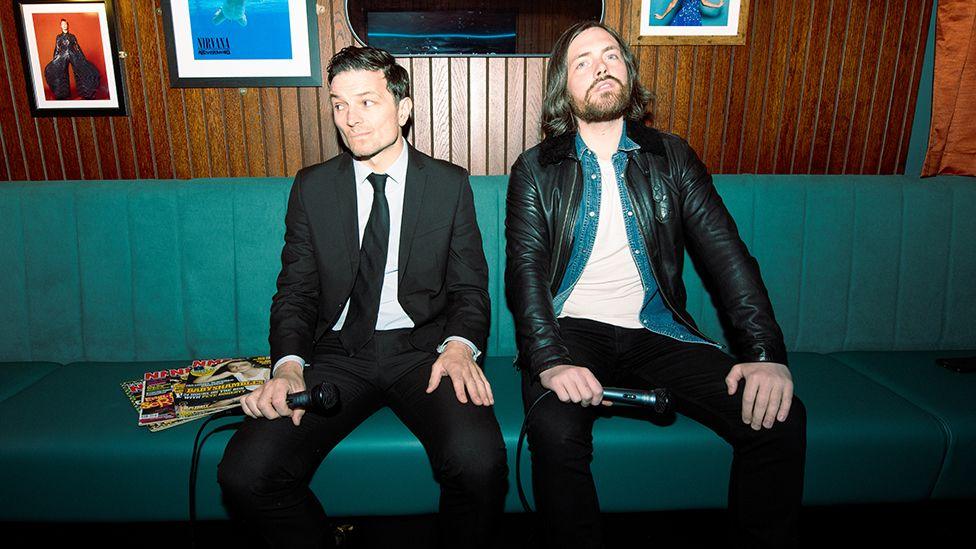
The duo say they would rather play to fuller rooms
Benefits, known for their politically charged sound and confrontational energy, say they are not driven by financial gain. In fact, synthesiser player Robbie Major says touring often means a financial loss.
"We would rather play to fuller rooms and more people are able to come and see us," he says.
And, while music fans are struggling to afford gig tickets, venues themselves are also under increasing financial pressure, with closures becoming frequent. Hall believes artists also have a responsibility to help find solutions.
"There is a lot of talk about music venues closing and losing money," he says.
"A lot of the onus seems to be on the venues to sort out their own mess but I think, as artists, we can do our own bit to help out. We can do our own research to find out what the problems are."
For Benefits, keeping ticket prices low is about more than just selling out shows, it is about principle.
"Music shouldn't be seen as a luxury," Hall says. "It should be there for everyone. It shouldn't be the preserve of the wealthiest in society."
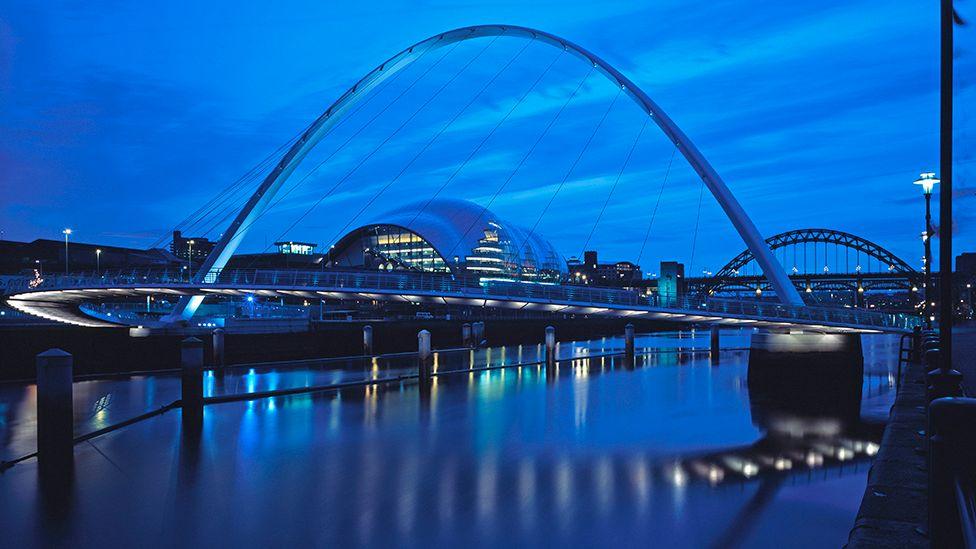
The band finish their tour at The Glasshouse in Gateshead
The Music Venue Trust, which represents grassroots venues, said a survey of 800 of them across the UK in 2024 suggested 43% made an overall loss.
"The average profit margin was only 0.48% so it's a really delicate balance these venues are operating within," the trust's Sophie Asquith says.
"Capping the shows to a £12 ticket price is amazing because Benefits are at that stage in their career that they could absolutely be charging more," she says.
"It feels like valuable work. Ultimately anyone taking action to improve access to gigs and to address spiralling costs and venues closing should absolutely be celebrated."
The trust will be watching the tour "really closely to see what we can learn from it", she adds.
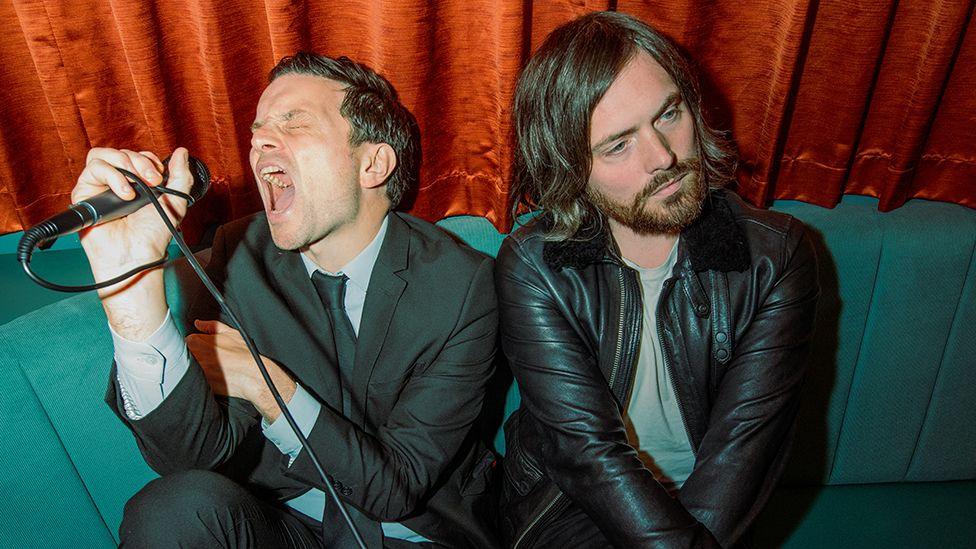
Benefits feel the system of making money from music is flawed
In an era of streaming dominance, where artists see minimal returns from recorded music, live shows have become a key revenue source.
But the cost of touring remains a significant challenge. From van hire and diesel costs to accommodation, expenses often outweigh earnings, Benefits say.
In contrast, stadium tours for global superstars can generate vast sums.
"The live music sector in terms of big stadium shows is booming, it's making so much money," Hall says. "But that money isn't filtering down to the grassroots venues. I'm just concerned that people are being taken for a ride on how much they should pay."
Hall believes the system generally is flawed and selling songs is difficult.
"People can just go online and get it for free, because that's broken," he says.
"It's affected the live industry, so that's broken as well.
"No-one's playing fair on it. It's a totally uneven playing field. These actions we are making are just the tiniest of attempts to level up that playing field."
'We're for the people'
One of the more controversial decisions made by the band has been the implementation of a 22:00 curfew, intended to make sure fans do not miss the last public transport home.
But some venues have been hesitant to comply.
"It wasn't easy to get venues to cooperate to get them to close an hour early," Hall admits.
"But we aren't about being for the venues anyway - we are for the people.
"It's a message we put out in our songs, so we have to back it up with our actions."
The band's tour will see them play in cities such as Glasgow, Birmingham and London and concludes at The Glasshouse in Gateshead in May.
Financial arrangements between venues and performers can vary and options include the artist being paid a fee and the venue keeping ticket sales, or the promoter paying to hire the space and keeping ticket sale income.
The Glasshouse's director of contemporary music, Jo Thornton, said live music should be accessible to all and the venue was "committed to making that happen".
"We'd been talking to the agent about a show with Benefits for a while," she said.
"The reasons for wanting a lower ticket price for the show are clear.
"We're happy to have a tour date and believe the affordable ticket price and convenient timing will allow more people to come."
Follow BBC North East on X, external, Facebook, external, Nextdoor and Instagram, external.
Get in touch
Do you have a story suggestion for BBC North East & Cumbria?
Related stories
- Published10 January
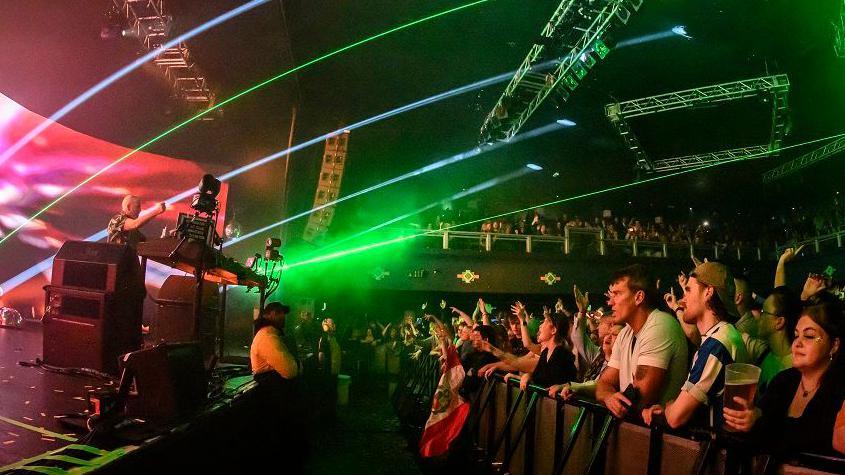
- Published13 January 2023
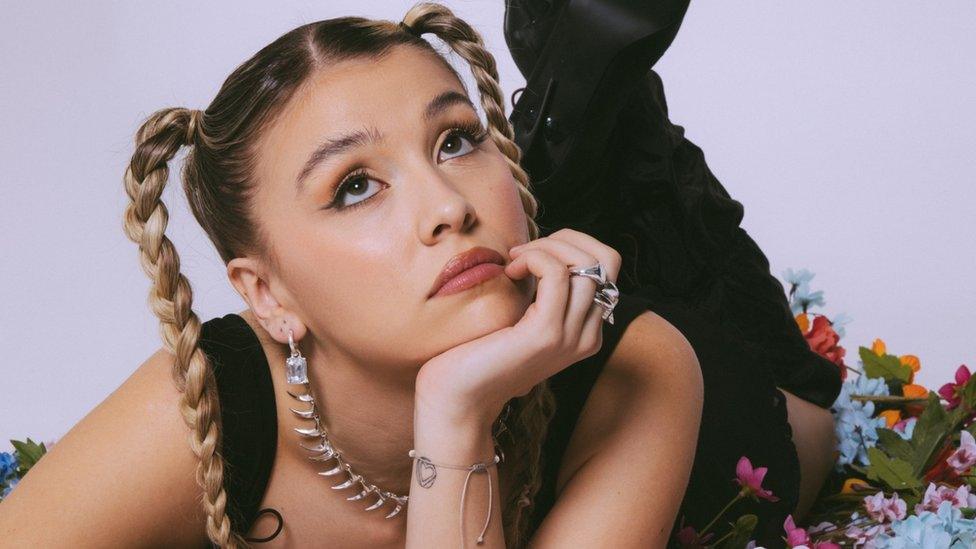
- Published2 September 2024
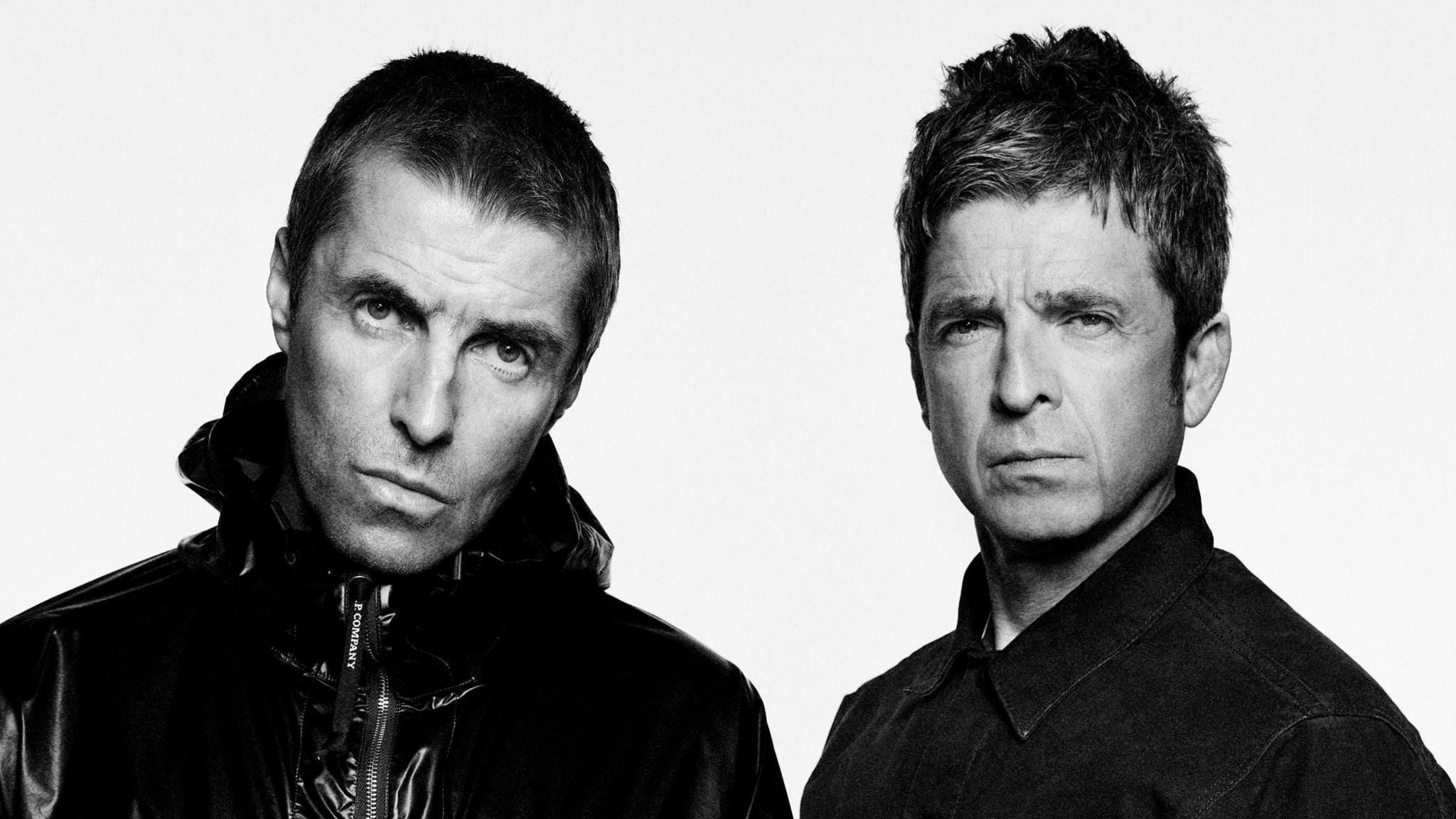
- Published10 October 2024
